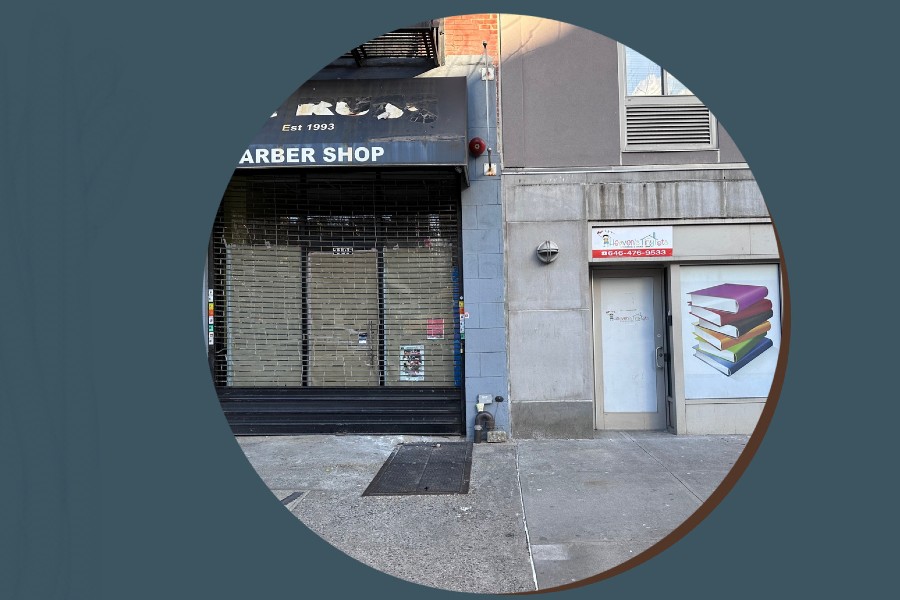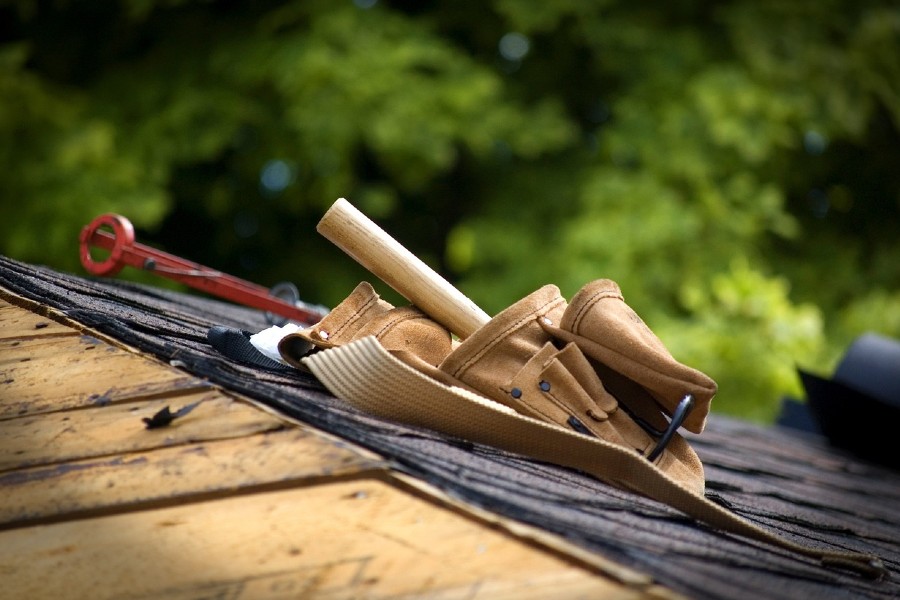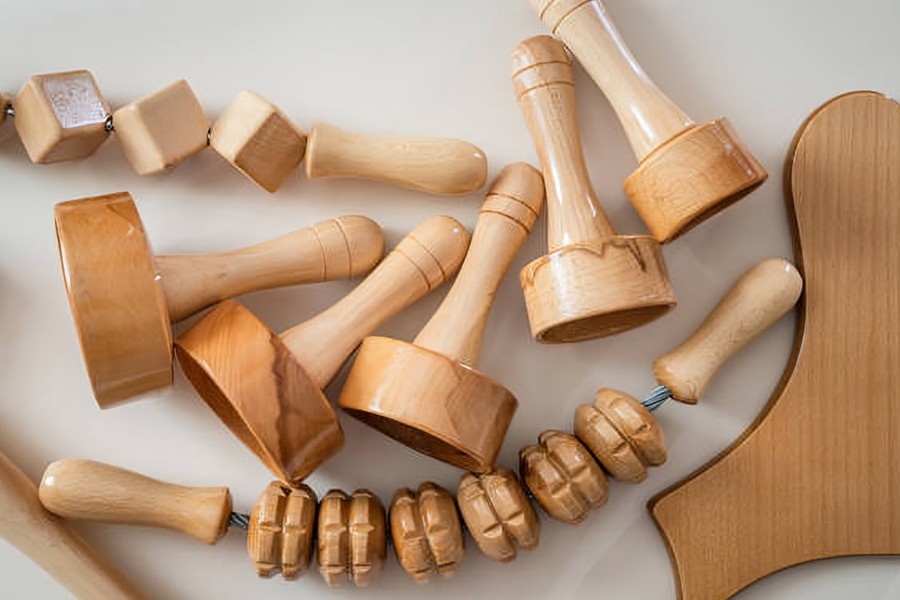 As the weather gets warmer, the Health Department and the Department of Housing Preservation and Development (HPD) remind Harlemites that properly installed window guards are an important safety measure to prevent children from falling out of open windows from Harlem to Hollis.
As the weather gets warmer, the Health Department and the Department of Housing Preservation and Development (HPD) remind Harlemites that properly installed window guards are an important safety measure to prevent children from falling out of open windows from Harlem to Hollis.
They are urging Harlemites to make sure window guards are in place and properly installed. Children under the age of five account for two-thirds of all falls in New York City, and in 2014, there were six falls from windows that should have had window guards in place, three of which resulted in the death of a child.
“Children are our most valuable resource. They are curious and imaginative, but might not understand the risks of playing near an open, unguarded window,” said Health Commissioner Dr. Mary Bassett. “That’s why parents and caregivers need to not only make sure window guards are properly installed, but also keep beds, chairs, ladders and other climbable objects away from windows. Window falls can happen in a second, but window guards can prevent them from happening at all.”
“Installing window guards is a simple way to prevent falls that could lead to serious injury and it could save the life of a child,” said HPD Commissioner Vicki Been. “If your apartment needs window guards, or if you don’t know whether they’re properly installed, ask your landlord as soon as possible. If your landlord doesn’t respond, call 311 to request an inspection by HPD. If you have a child 10 years old or younger take action now and have window guards installed – it’s the law, and it could save a life.”
Window guard installation is a shared responsibility for owners and tenants. City law requires the owner of any building with three or more units to properly install approved window guards in an apartment where a child 10 years of age or younger lives or attends child care, and they are recommended in any apartment that children regularly visit.
Building owners must obtain this information from their tenants when a new lease is entered into or when a lease is renewed. They are also required to send every tenant a notification form once a year, so that any new need for a window guard may be reported. Tenants are required to fill out the forms accurately and return them to building management.
The Window Guard Law requires building owners to install window guards in any apartment where the tenant requests them. Although not required in one- or two-family homes, people with young children living in these types of dwellings should consider installing guards in any window not used as an emergency exit.
If a building owner refuses to install window guards, tenants should call 311 or go to 311 Online (www.nyc.gov/311) to file a complaint with HPD. Building owners may also call 311 to report tenants who refuse to allow guards to be installed as required by law.
HPD is responsible for enforcing the New York City Housing and Maintenance Code (HMC) which allows the agency to respond to tenant complaints, perform inspections and write violations where appropriate, instructing landlords to correct the conditions that lead to the violations. Owners should comply immediately and certify to HPD that the window guard was installed. If an owner or landlord fails to comply with a window guard violation, HPD will install them and bill the landlord for the cost of the work and applicable administrative fees. In this fiscal year to date, which began on July 1, 2014 and will end on June 30, 2015, HPD has issued more than 9,270 violations for missing window guards and installed nearly 2,060 window guards through its Emergency Repair Program when owners failed to install them after the violation was issued.
If a child 10 years of age or younger lives in your apartment, or if you provide any type of child care services in your apartment, you must:
- Inform the building owner and/or complete the annual notice provided by the landlord.
- Allow the building owner or a representative access to the apartment to install window guards or stopping devices that keep windows from opening more than 4½ inches.
- Never remove window guards or stopping devices once they are installed.
- Never alter or remove any part of a window guard or stopping device.
Approved Window Guards and Proper Installation
Every window guard must have a Health Department approval number on the inside stile and must be appropriate for the window it occupies. Approved guards do not have spaces large enough for a 5-inch object to pass through. Any guard that has more than a 4½-inch space between the bottom bar and the windowsill, or the top bar and the base of the raised window, is not installed properly.
Here are some guidelines you can use to determine whether your approved window guards are properly installed:
- On “double-hung windows,” two L-shaped stops should be screwed into the upper window tracks – one on each side – to keep the bottom window from being opened more than 4½ inches above the top bar of a window guard.
- There should be no opening or space greater than 4½ inches on any window, including double hung, casement or sliders. Approved limiting devices should be installed immediately on any window for which a window guard is unavailable.
- The window guard must be installed securely and be flush mounted to the window frame on both sides with one-way or tamper-proof screws approved by the Health Department.
- A window guard installed in a rotting or loose window frame may fall out. These windows should have limiting devices installed that will prevent the window from opening more than 4½ inches until a window guard can be securely installed in the frame.
Additional recommendations to prevent window falls:
- Carefully check window guards periodically to ensure that they are secure.
- If a window has an air conditioner, it must be permanently installed with one way metal screws. Spaces on either side of the air conditioner that are greater than 4½ inches must be covered by a rigid panel that can withstand 150 lbs. of pressure (instead of accordion panels) and “L” stops must be used to prevent any unguarded space above or below the air conditioner from exceeding 4½ inches.
- Keep children off balconies and terraces if they are not being closely supervised by an adult by locking doors to those areas.
- Never let your child play near elevator shafts or on fire escapes, balconies, terraces or rooftops. Don’t let them play unsupervised in building hallways that have unguarded windows.
- Call 311 to report unguarded hallway windows.
Remember properly installed window guards protect children from death and serious injuries.
Become a Harlem Insider!
By submitting this form, you are consenting to receive marketing emails from: Harlem World Magazine, 2521 1/2 west 42nd street, Los Angeles, CA, 90008, https://www.harlemworldmagazine.com. You can revoke your consent to receive emails at any time by using the SafeUnsubscribe® link, found at the bottom of every email. Emails are serviced by Constant Contact








